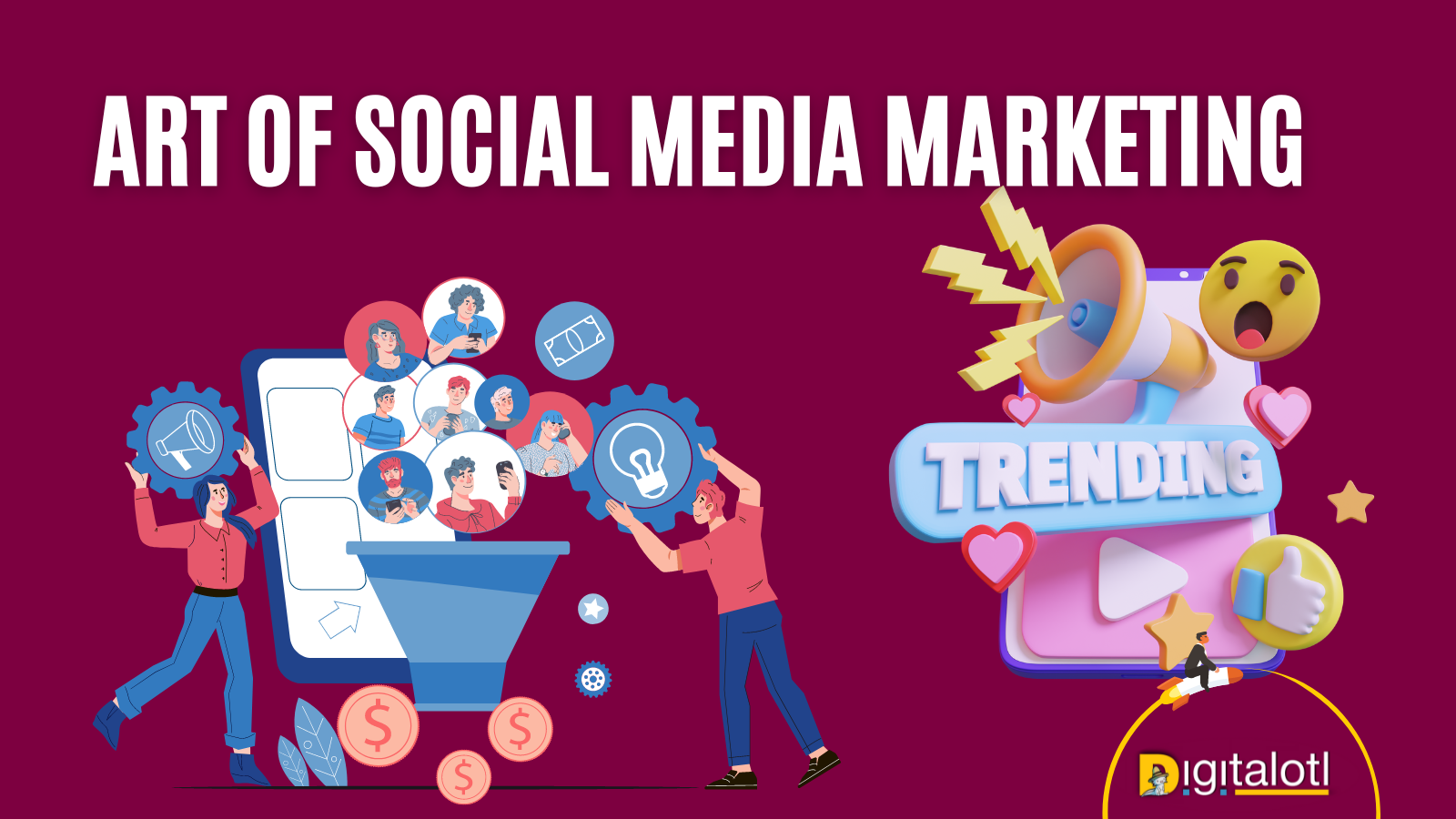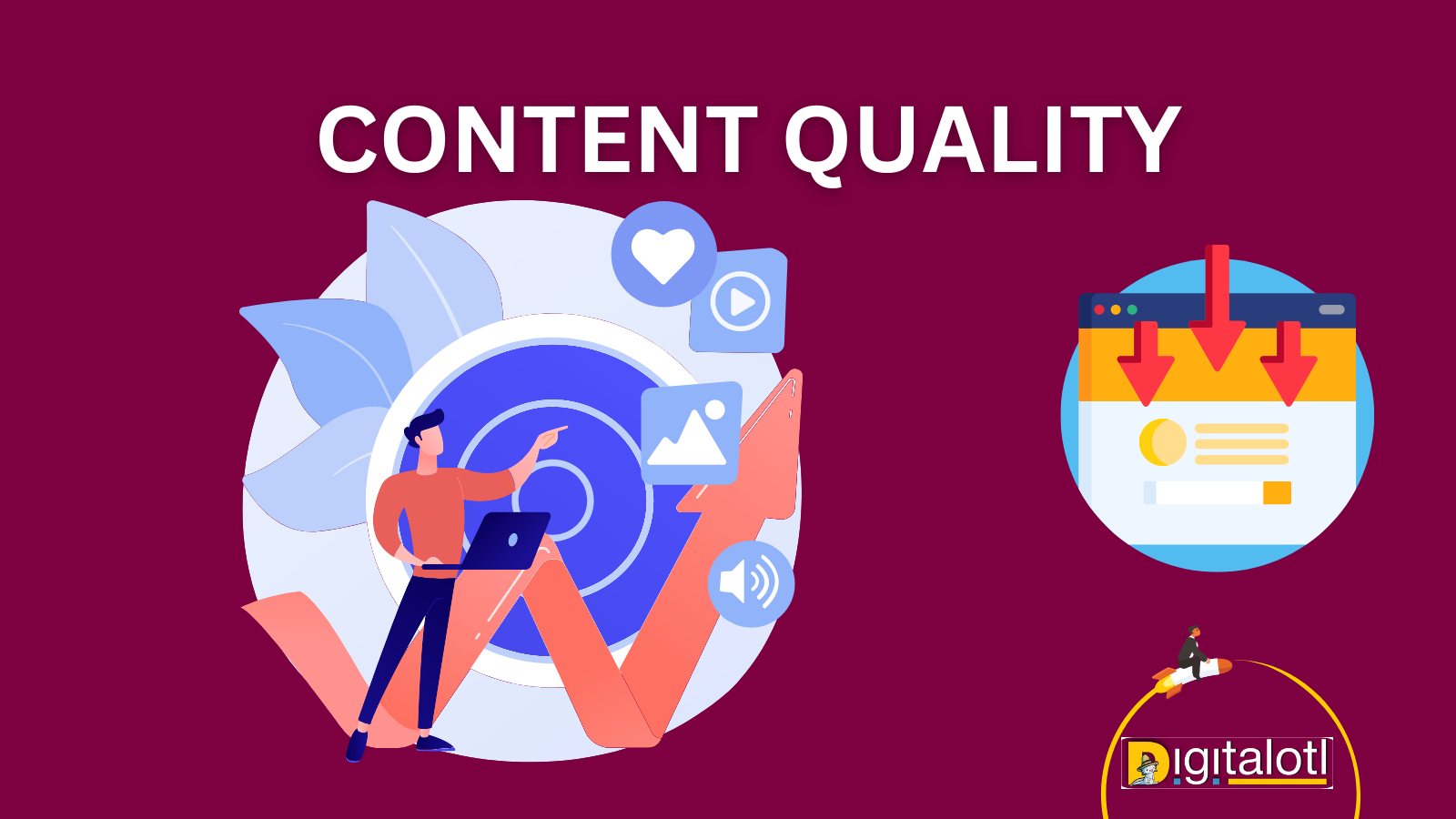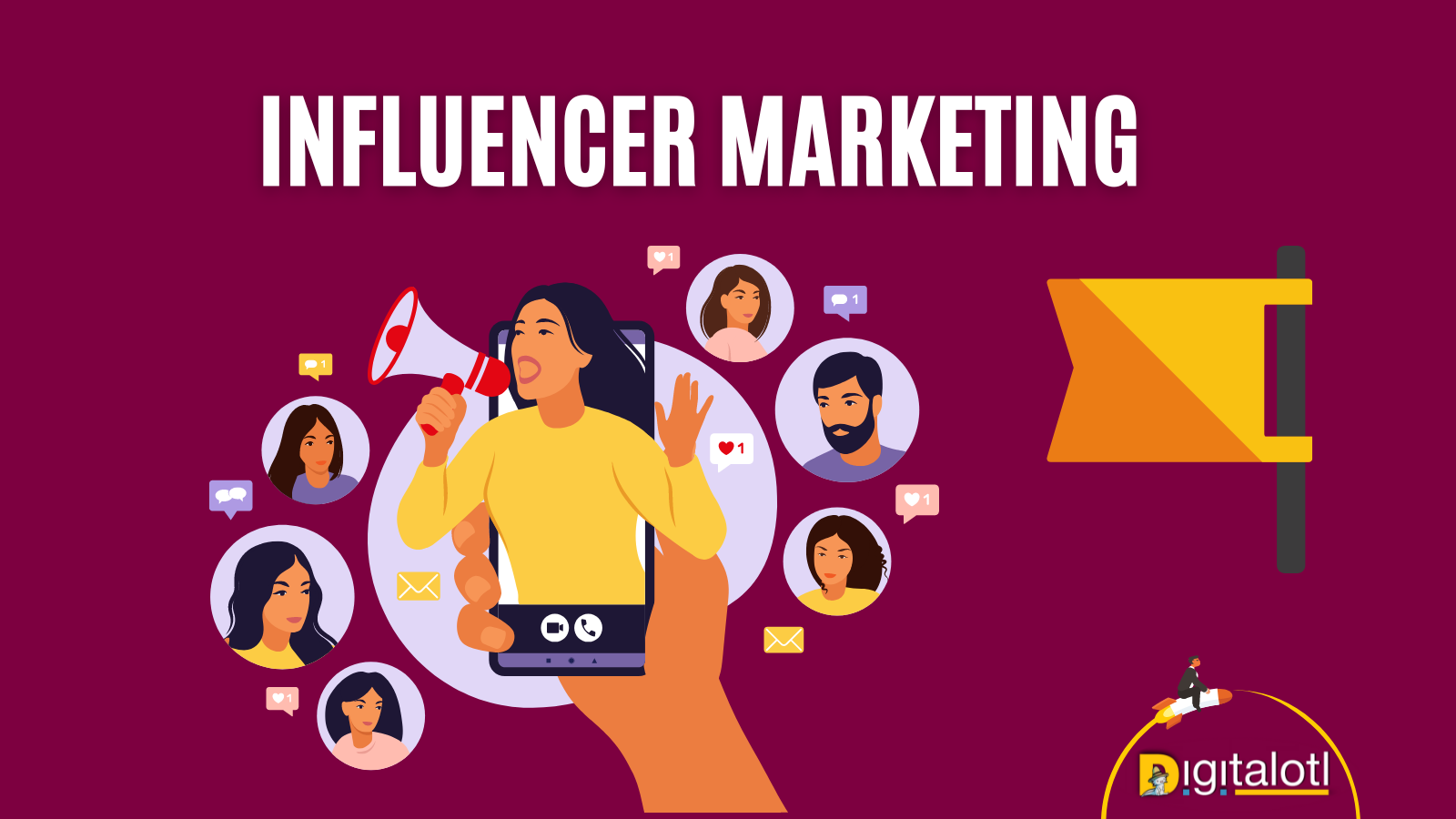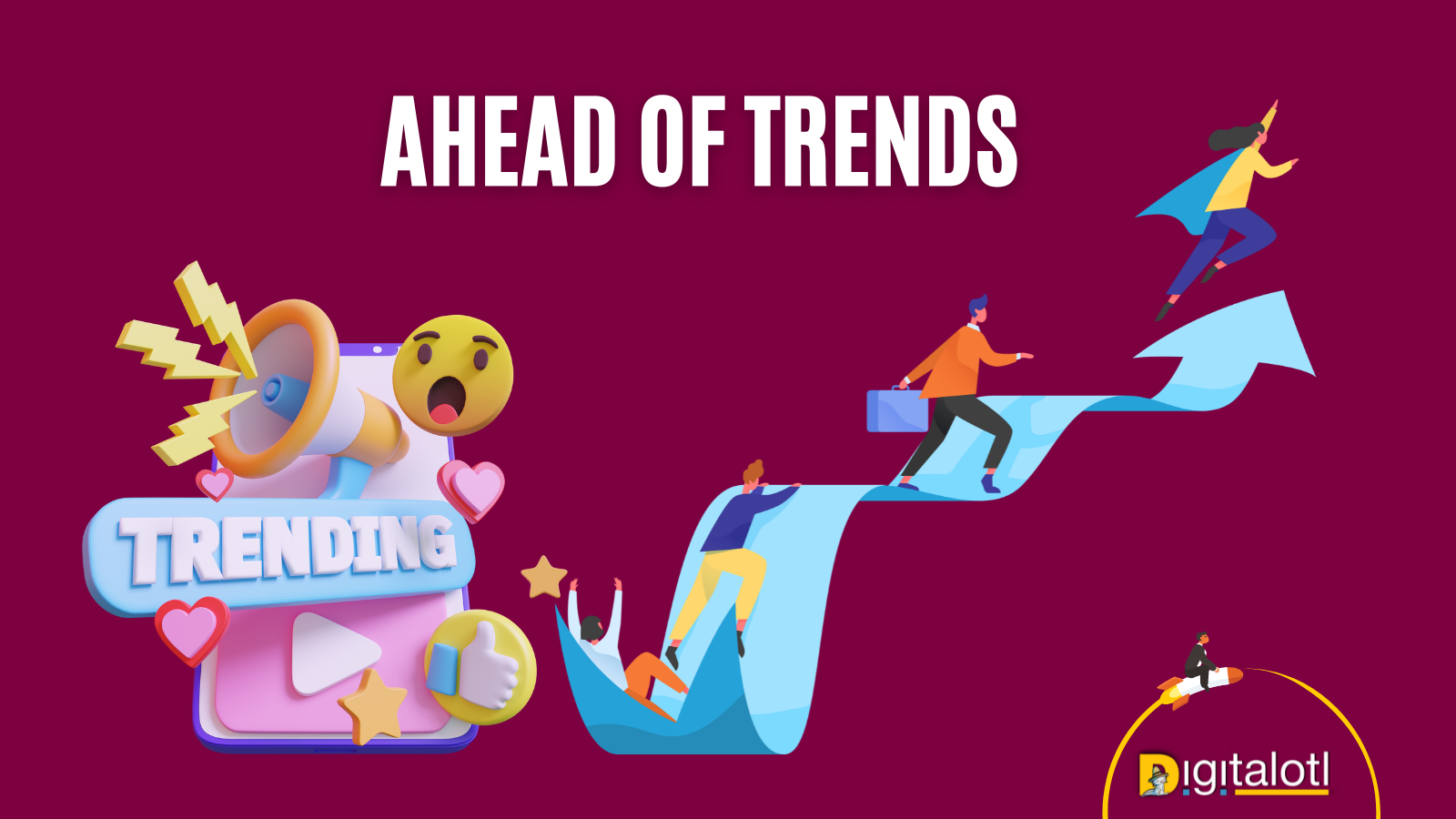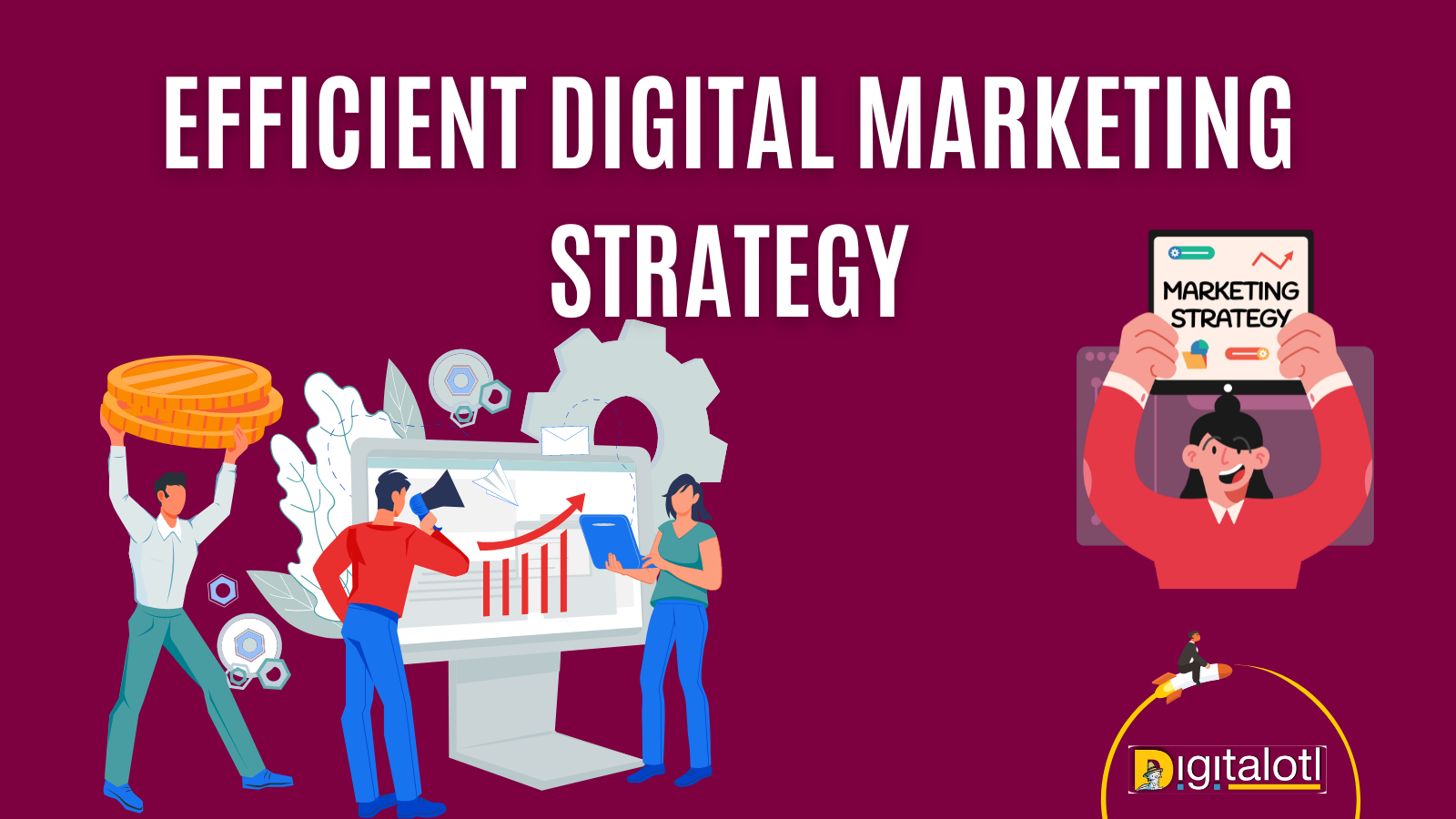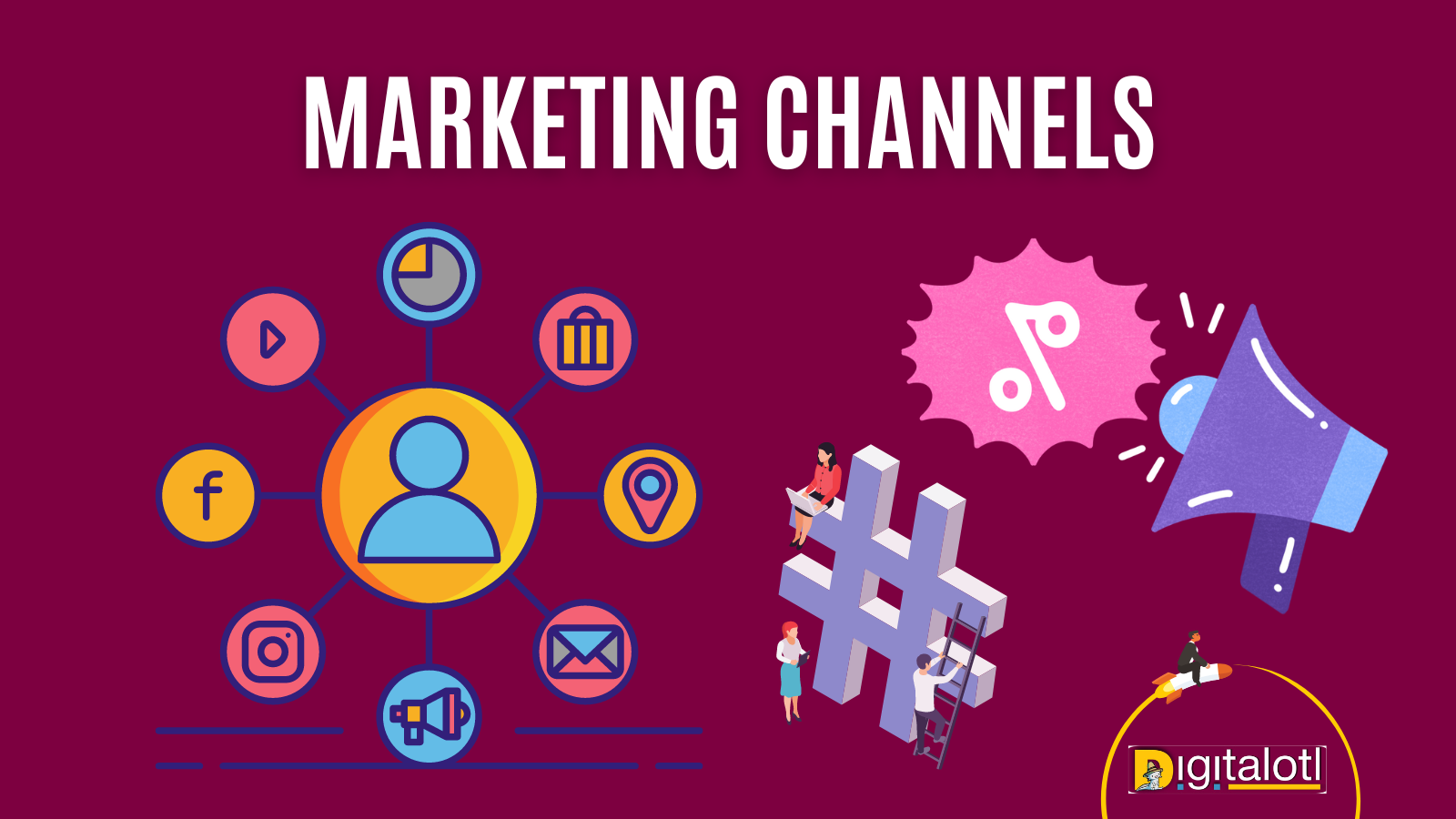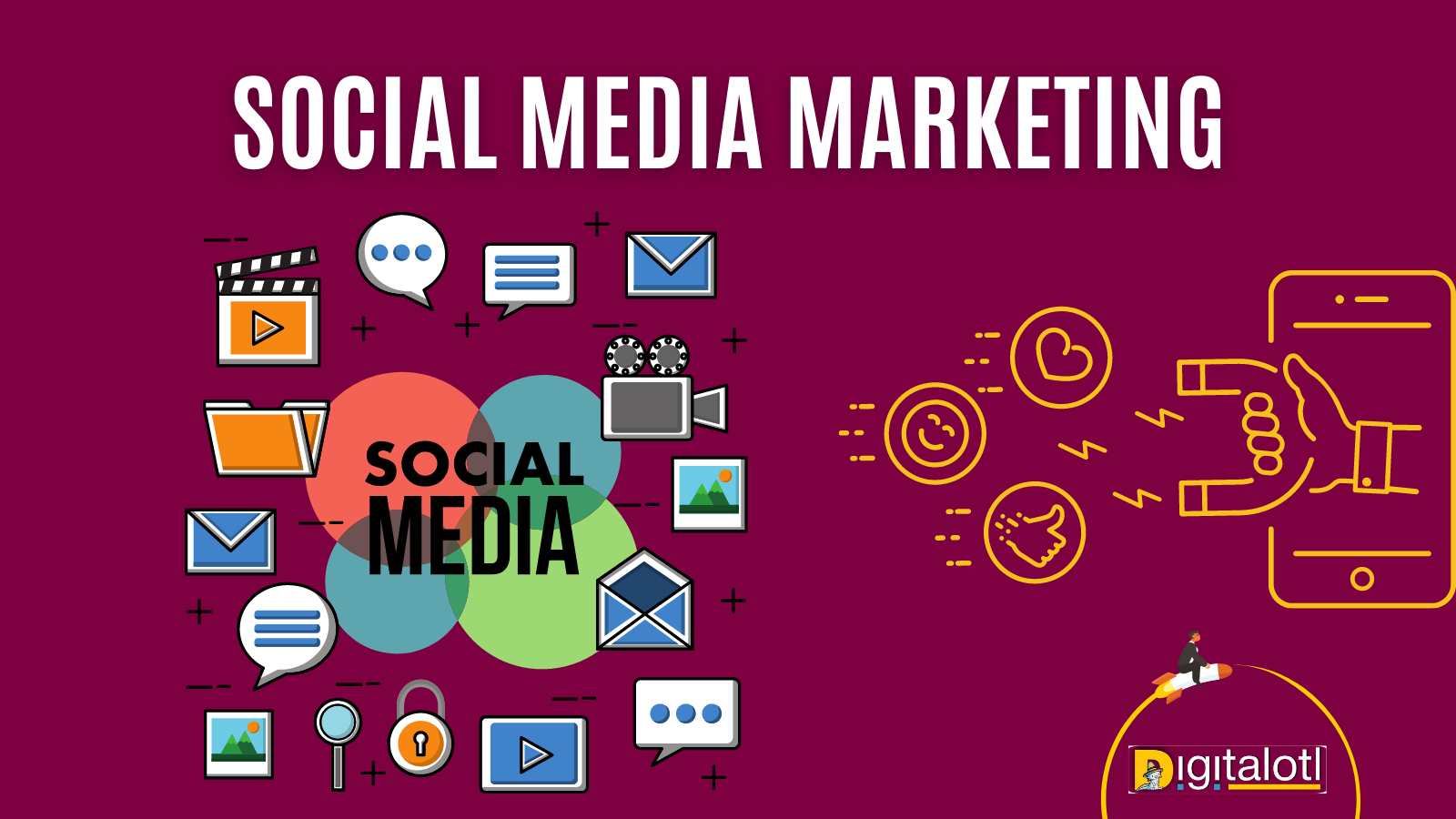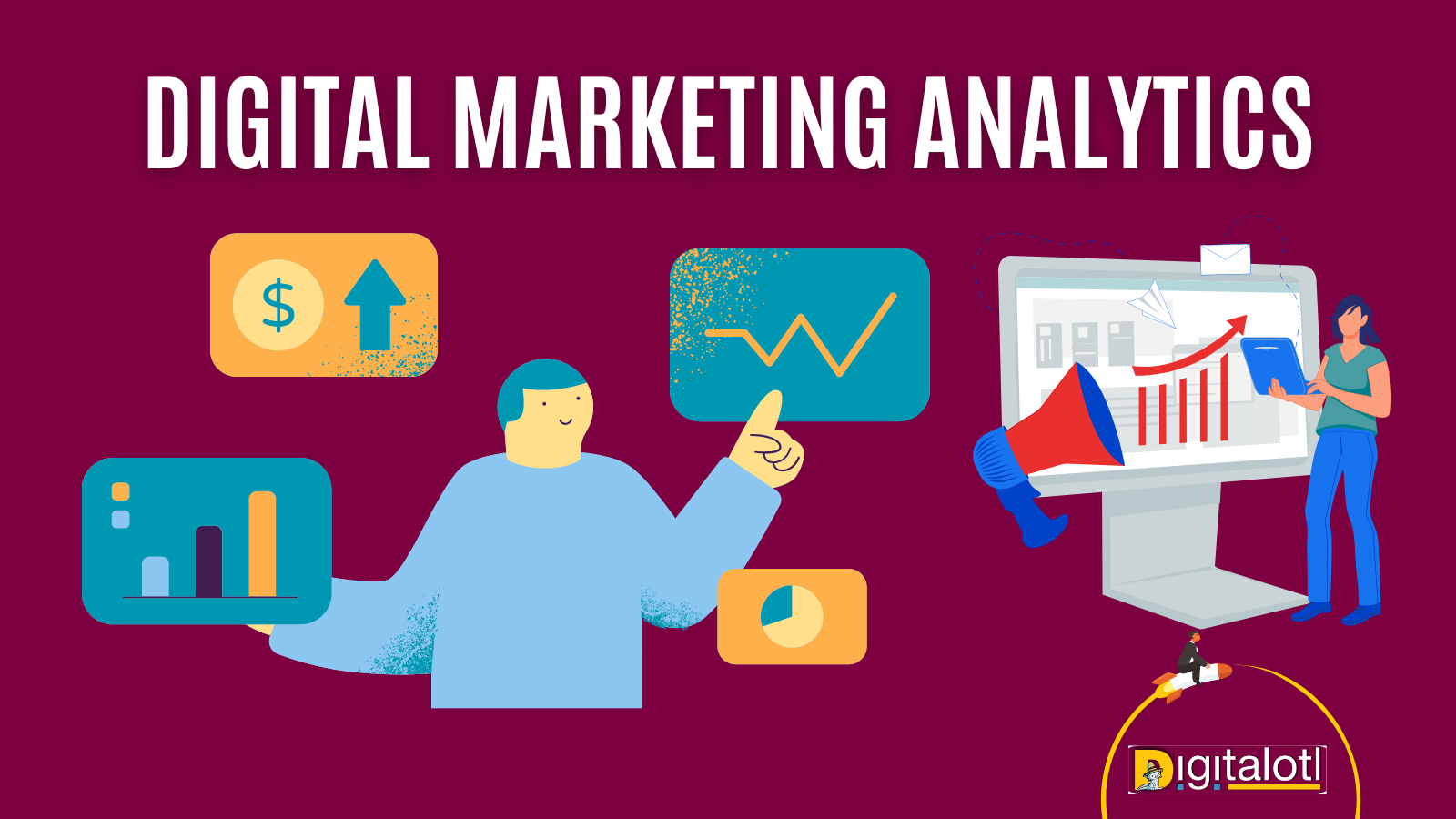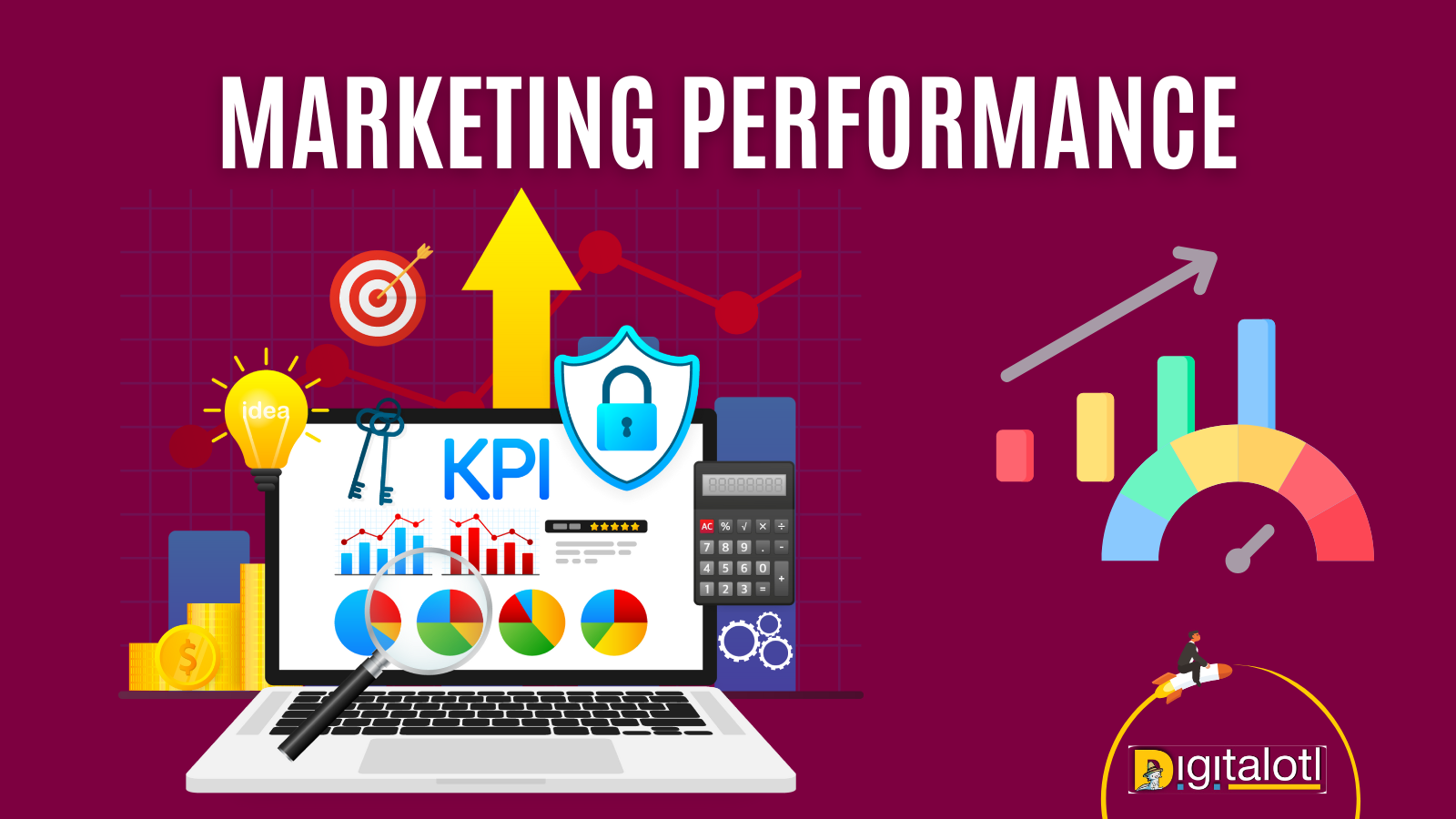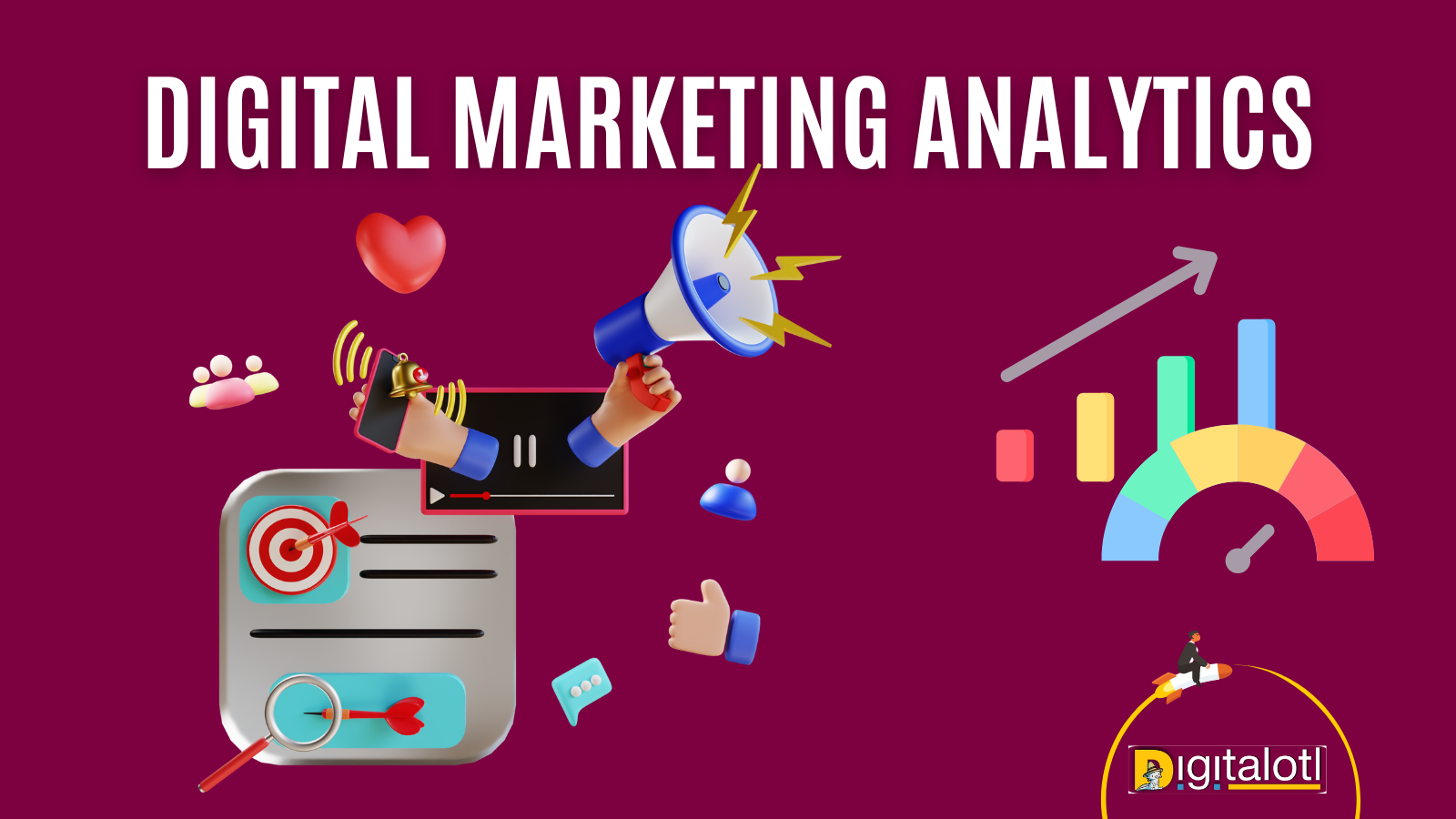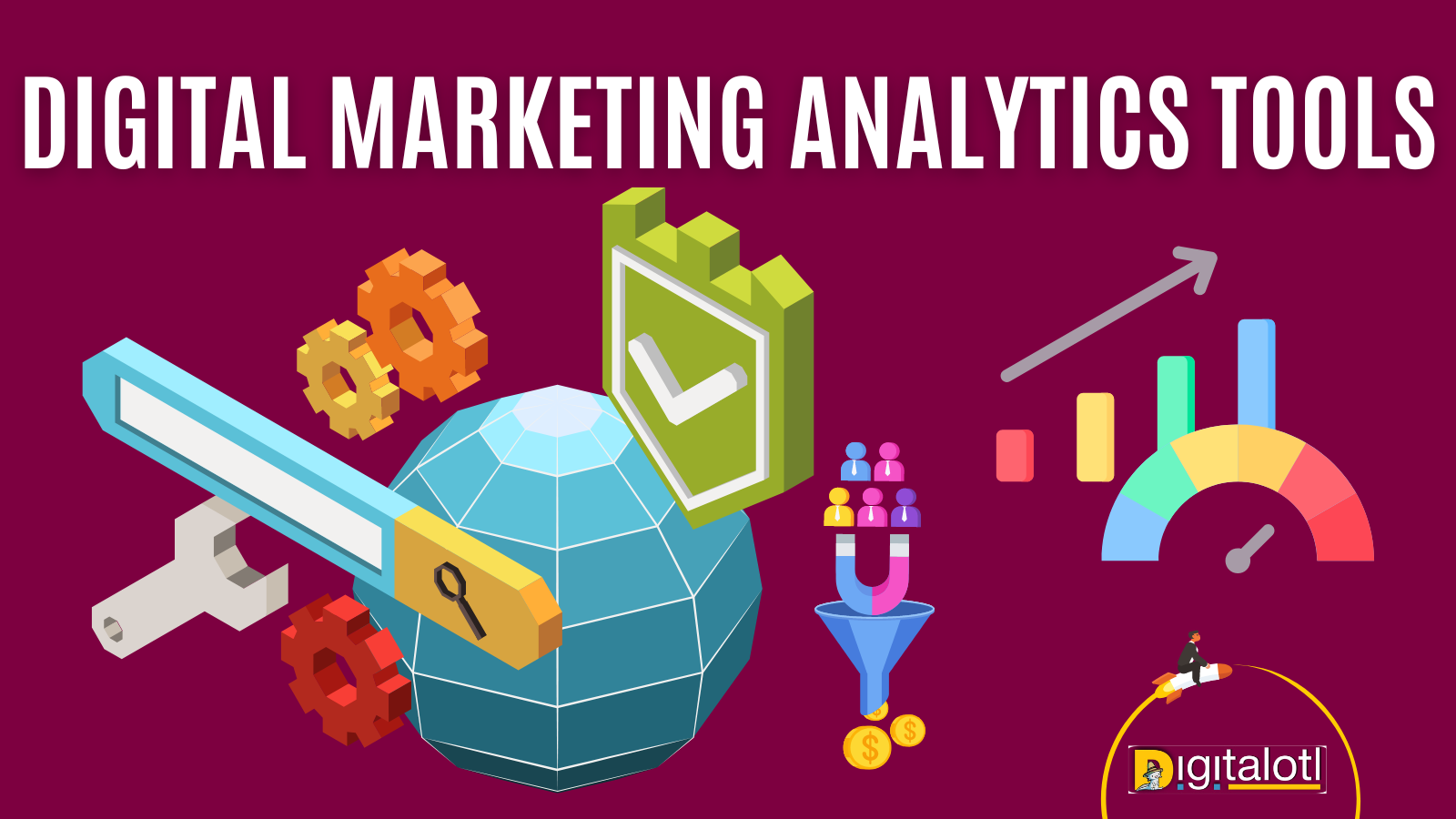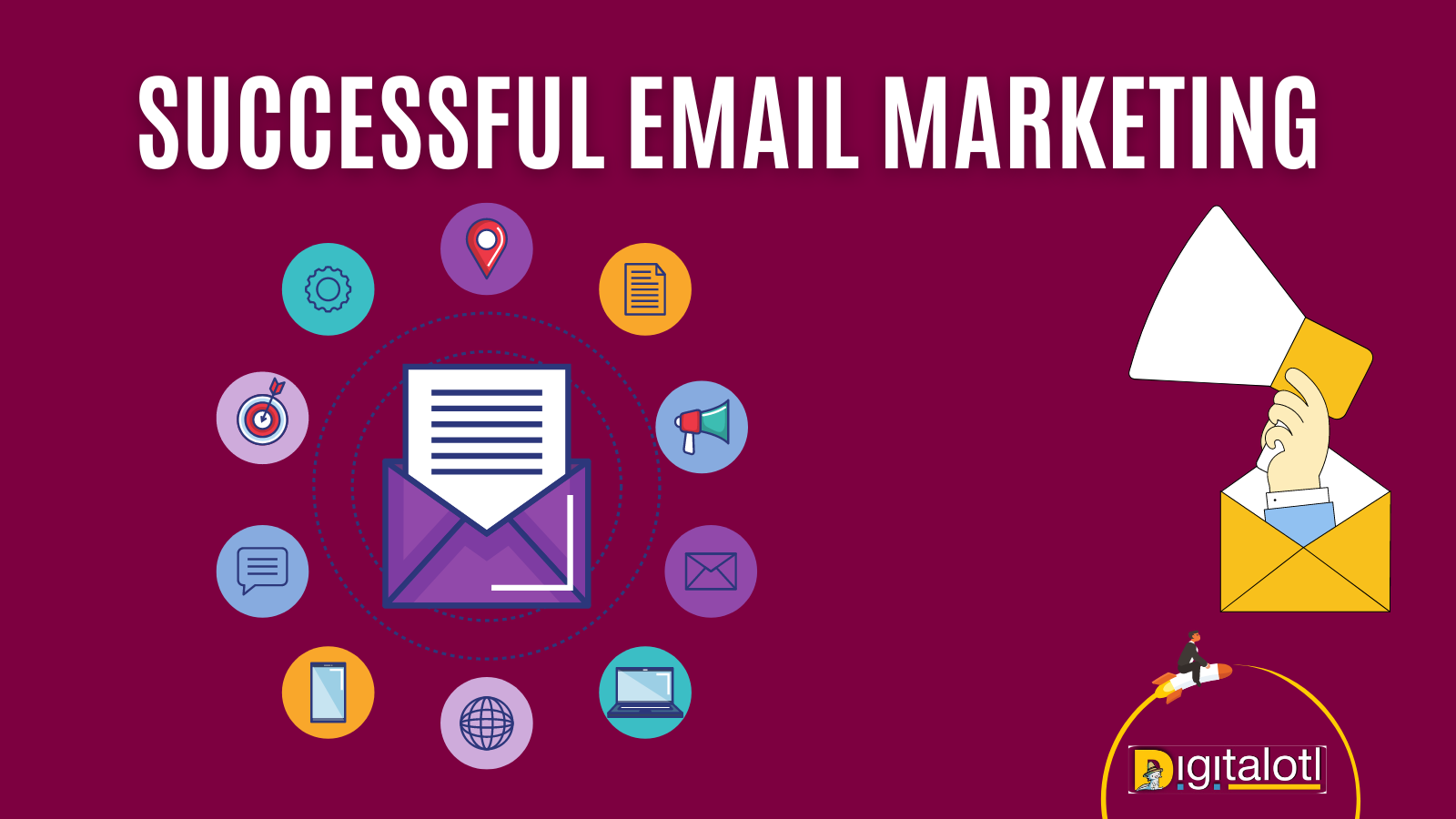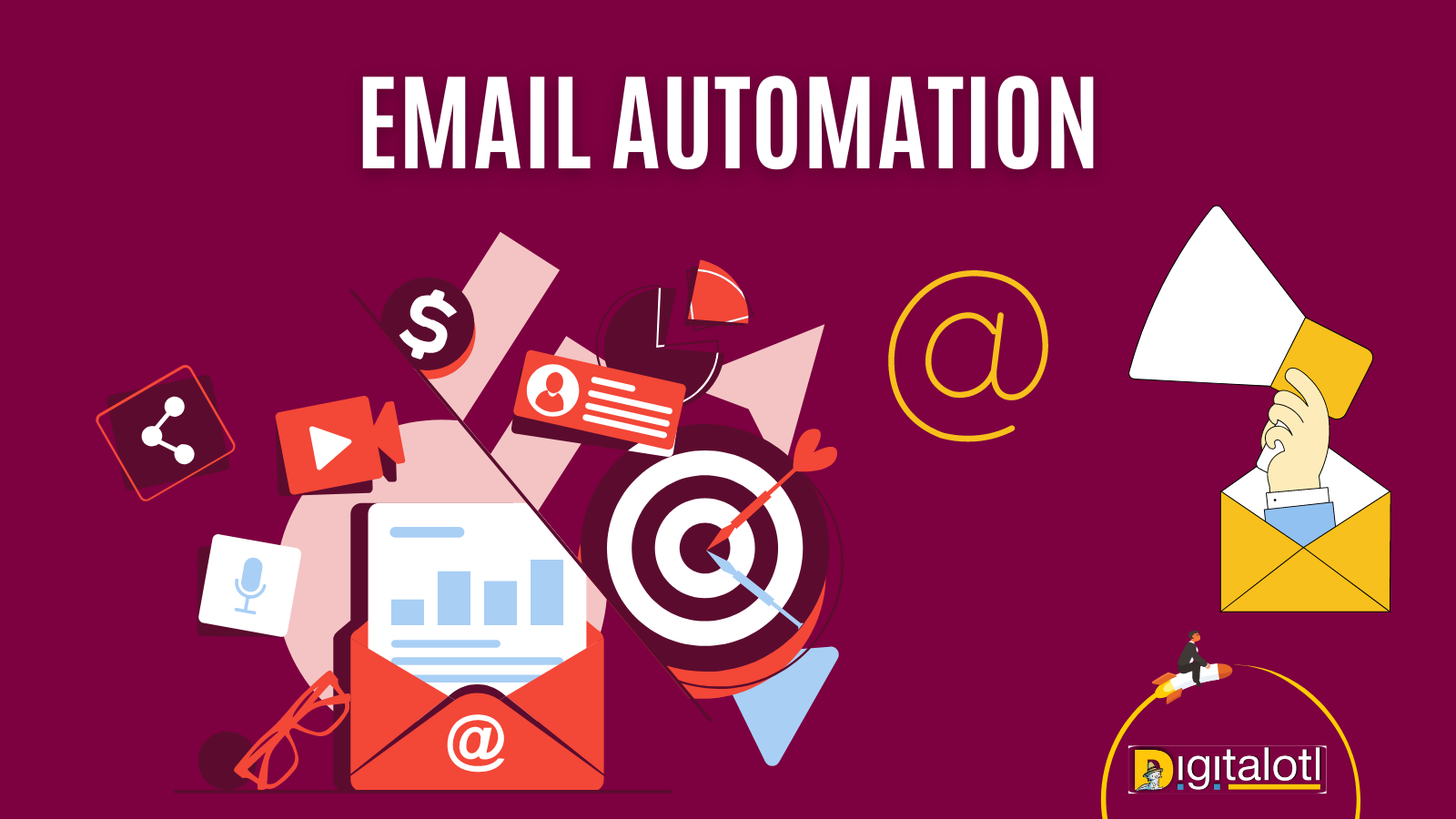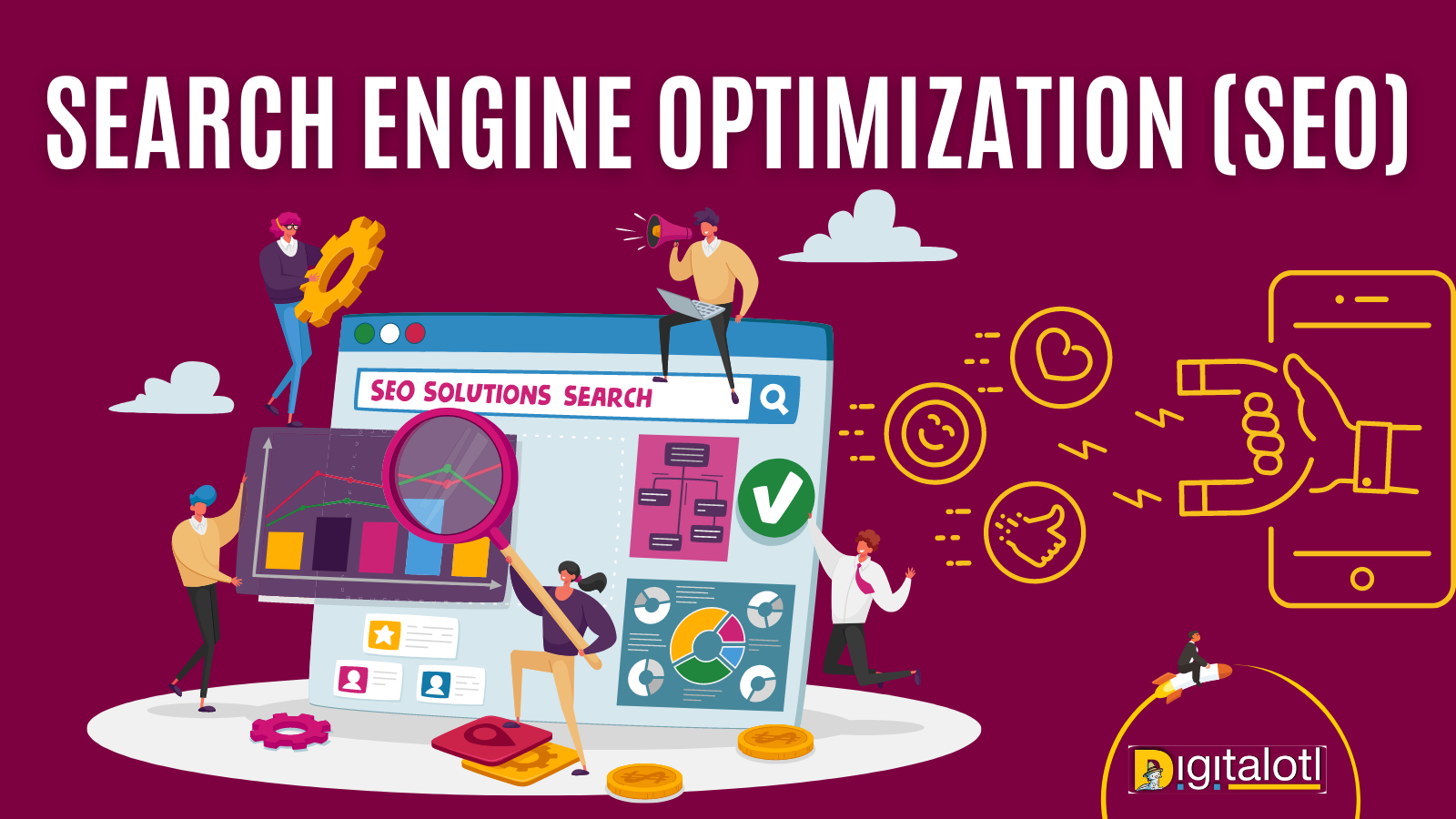Remaining abreast of the latest trends is imperative for digital marketers as Search Engine Optimization (SEO) continually evolves as a field. Google’s algorithm updates and changing user behavior require marketers to adapt their strategies to ensure their websites rank high on search engine results pages (SERPs). In this article, we will discuss the top SEO trends to watch out for in 2023.
Table of contents
- Understand the new “E” in EEAT SEO
- Audience-targeted, not traffic-targeted
- Voice and Mobile Search
- AI Integration in Content
- Compounding SEO Value
- SEO Automation
- Topic Clusters
- Video Content
- Sustainable SEO Growth Strategies
- User Intent
- How will AI impact SEO in 2023
- Conclusion
- Frequently Asked Questions (FAQs)
Understand the new “E” in EEAT SEO
Google’s E-A-T (Expertise, Authoritativeness, Trustworthiness) algorithm update emphasizes the importance of demonstrating expertise on a topic. In 2023, it will be crucial to create content that showcases first-hand experience on a case to improve search engine rankings.
Audience-targeted, not traffic-targeted
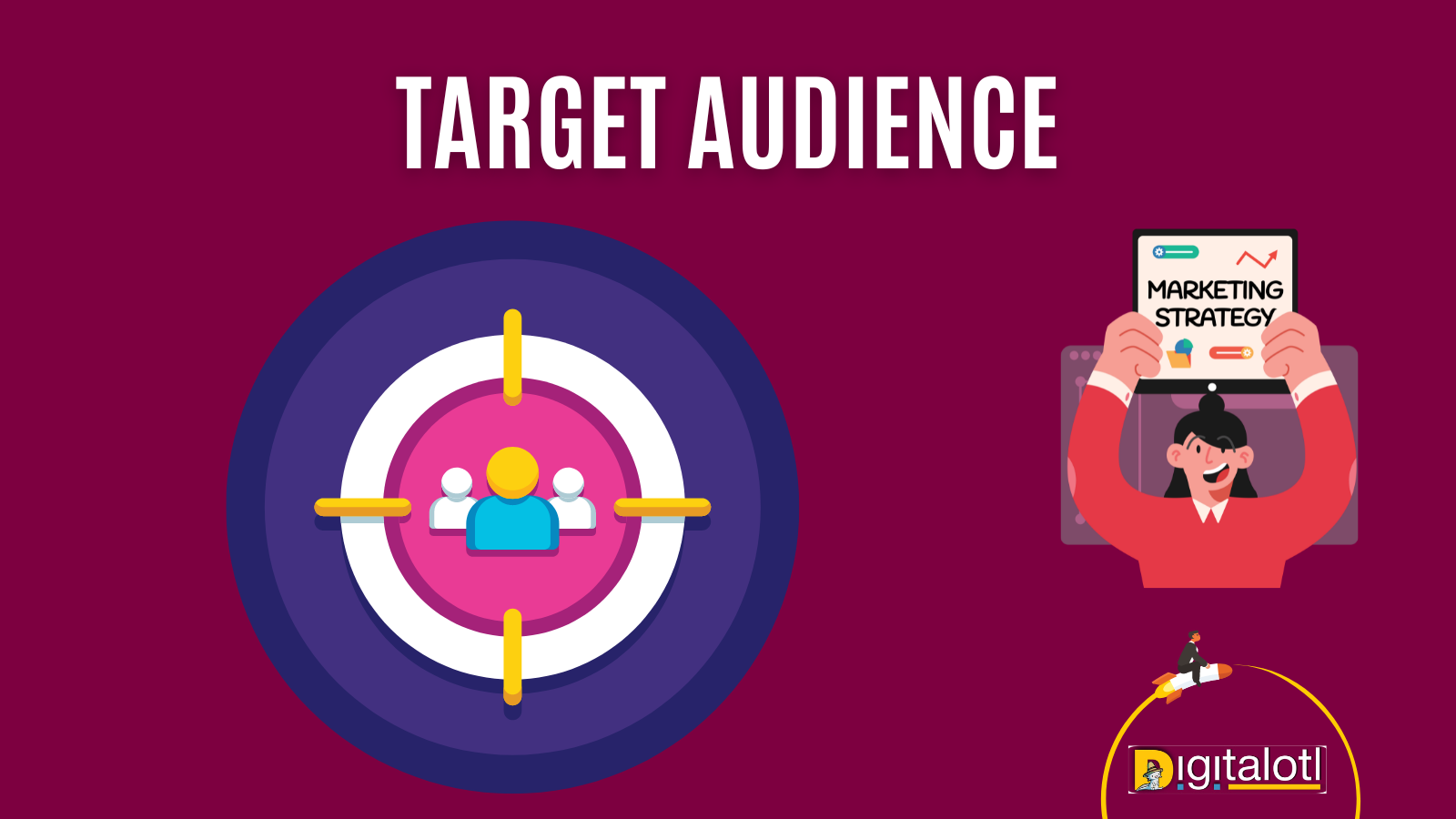
Marketers should focus on creating content that targets their audience’s needs and interests, rather than just generating traffic. Prioritizing user experience, Google’s algorithm rewards websites that produce resonating content, thereby enhancing their rankings.
Voice and Mobile Search
The popularity of voice search is on the rise, and it is projected by 2026, over half of internet users will be utilizing voice assistants. Marketers should optimize their content for voice search and ensure their website is mobile-friendly to improve their search engine rankings.
AI Integration in Content
The prevalence of AI-powered content creation tools is increasing. In 2023, marketers should harness the potential of these tools to craft compelling, top-notch content that deeply connects with their audience.
Compounding SEO Value
SEO is a long-term strategy, and companies that focus on SEO see a compounding return on their investment yearly. In 2023, marketers should focus on creating sustainable SEO growth strategies that allow them to respond to Google’s rapid algorithm updates and the recession.
SEO Automation
In the year 2023, digital marketers will increasingly rely on enterprise SEO software platforms and tools to automate a larger portion of their SEO tasks. Marketers should embrace automation to save time and resources and focus on creating high-quality content.
Topic Clusters
Topic clusters refer to collections of content centered around a particular subject or theme. In 2023, marketers should focus on creating topic clusters to improve their website’s search engine rankings and provide a better user experience.
Video Content

Video marketing content is becoming increasingly popular, and in 2023, marketers should leverage it to improve their website’s search engine rankings. The Video content is engaging and provides a better user experience, which Google’s algorithm prioritizes.
Sustainable SEO Growth Strategies
Sustainable SEO growth strategies that allow marketers to respond to Google’s algorithm updates and the recession are crucial in 2023. Marketers should focus on creating high-quality content, optimizing for voice and mobile search, and leveraging AI-powered content creation tools.
User Intent
Marketers should focus on user intent when creating content and optimizing their websites. Understanding user intent and creating content that meets their needs will improve search engine rankings and provide a better user experience.
How will AI impact SEO in 2023

The year 2023 is projected to witness a noteworthy influence of Artificial Intelligence (AI) on the field of SEO. Here are some ways AI will impact SEO:
- AI Integration: AI-powered tools such as natural language processing (NLP) and machine learning are enabling SEO experts to more accurately target their intended audience and identify emerging keyword trends. With the advancement of AI technology, SEO strategists can leverage these machines to monitor consumer behavior and algorithm updates, enabling them to create tailored and effective strategies for specific users.
- AI in SEO Content Creation and Analytics: AI-powered tools have revolutionized the realm of SEO content creation and analytics. With their capabilities, marketers can efficiently generate top-notch content in large quantities, automate keyword research and clustering, and gain invaluable insights through SERP analytics.
- AI-Generated Content: While AI-generated content tools like ChatGPT can be useful for SEO, marketers should be careful if they’re expecting quick wins promised by these tools. They should focus on creating high-quality, human-first content that fits user search intent while incorporating new technologies like AI tools to optimize SEO best practices continually.
- AI for Scalability: AI can help SEO professionals create and optimize content while making their overall search strategy more scalable and impactful.
Conclusion
AI is transforming the field of SEO by streamlining processes, enhancing content optimization, and delivering tailor-made user experiences. Marketers should embrace AI technology and leverage AI-powered tools to create high-quality content. They have to monitor consumer behavior and optimize their SEO strategies.
Remaining updated with the latest trends is essential for digital marketers as SEO continually evolves as a field. In 2023, marketers should focus on creating high-quality, engaging content that resonates with their audience, optimizing for voice and mobile search. Then they can leverage AI-powered content creation tools, and embrace automation to save time and resources. Marketers can enhance their website’s search engine rankings and deliver an enhanced user experience by keeping up with these trends.
Frequently Asked Questions (FAQs)
Q1. What are the top SEO trends to watch out for in 2023?
The top SEO trends to watch out for in 2023 include AI integration, voice, and mobile search optimization. And work for audience-targeted content, sustainable SEO growth strategies, and SEO automation.
Q2. How can I optimize my website for voice and mobile searches?
To ensure your website is optimized for voice and mobile search, it is essential to prioritize the creation of conversational and easily understandable content. You can optimize it for long-tail keywords, and guarantee a mobile-friendly experience.
Q3. How can I leverage AI in my SEO strategy?
You can leverage AI in your SEO strategy by using AI-powered tools for content creation, keyword research, and analytics. AI can help you create high-quality content at scale. So, automate keyword research and clustering, and provide valuable insights through SERP analytics.
Q4. What are some sustainable SEO growth strategies for 2023?
Sustainable SEO growth strategies for 2023 include focusing on creating high-quality content and optimizing for voice and mobile search. And leveraging AI-powered tools, and embracing automation to save time and resources.
Q5. How can I stay ahead of the game in the world of SEO in 2023?
To maintain a competitive edge in the ever-changing field of SEO in 2023, it is crucial to stay informed about the latest trends. And prioritize the creation of compelling content that connects with your target audience, optimizing for voice and mobile search. Harness the power of AI-driven tools, and embrace automation to streamline processes and maximize efficiency.


